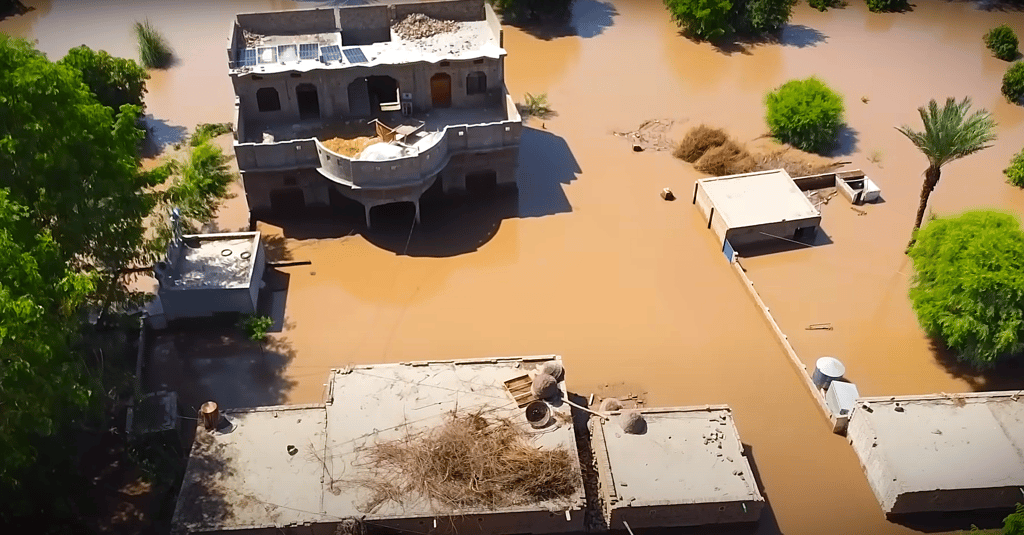Pakistan Floods Devastate Health Infrastructure Nationwide – 24 September 2025
Severe floods across Pakistan have crippled hospitals, vaccination centers, and water systems, sparking disease risks and urgent calls for aid.
Raja Awais Ali
9/24/20251 min read


Pakistan Floods Severely Damage Health Care Infrastructure – 24 September 2025
On 24 September 2025, catastrophic monsoon floods continued to devastate Pakistan, inflicting massive damage on the nation’s health care infrastructure. Hospitals, vaccination centers, and essential water and sanitation systems across several provinces have been overwhelmed, threatening a surge of waterborne diseases and creating a public-health emergency.
Nationwide Impact
According to humanitarian agencies, more than 2.9 million people are affected nationwide. In Khyber Pakhtunkhwa, at least 25 immunization centers and 14 refrigerated vaccine stores have been destroyed or rendered unusable, disrupting childhood vaccination drives. Roads leading to remote mountain communities have been washed away, leaving patients stranded without timely medical attention. Medical supplies, including essential drugs, have also been lost or contaminated.
Rising Health Risks
Health experts warn of escalating outbreaks of cholera, diarrhea, and skin infections as floodwaters pollute drinking supplies and compromise sanitation. In Karachi’s Keamari district and other urban areas, damaged pipelines and overflowing sewage systems are allowing contaminated water to seep into homes. Aid workers report increasing cases of fever and gastrointestinal illness, especially among children and the elderly.
Government and Aid Response
Federal and provincial authorities have deployed mobile health teams to reach cut-off villages, while emergency vaccination drives are underway despite damaged cold-chain storage. The government is distributing additional vaccine stocks and medicines to affected districts. International relief organizations, including CARE and other NGOs, are supplying hygiene kits, medical equipment, and safe-water provisions to help stem the spread of disease.
Long-Term Challenges
Pakistan’s health system—already under strain—now faces an immense recovery effort. Rebuilding damaged clinics, restoring clean water supplies, and reinforcing sanitation infrastructure will require substantial funding and coordination. Experts emphasize that without immediate action to repair facilities and secure safe drinking water, the nation could face long-lasting public-health consequences.
Climate Resilience Imperative
This disaster underscores the urgent need for Pakistan to strengthen climate adaptation measures. Improved flood defenses, resilient health infrastructure, and proactive disaster planning are critical to protect vulnerable populations from increasingly severe monsoon seasons.
Stay informed with the latest national and international news.
© 2025. All rights reserved.